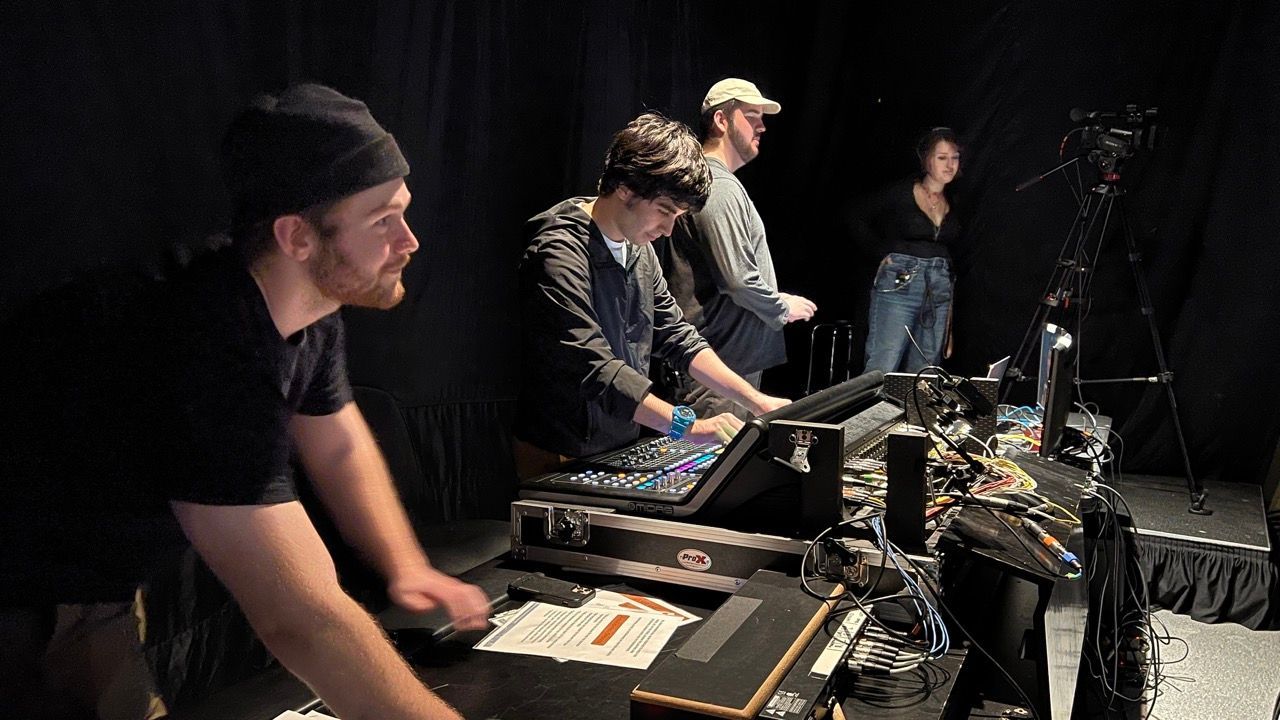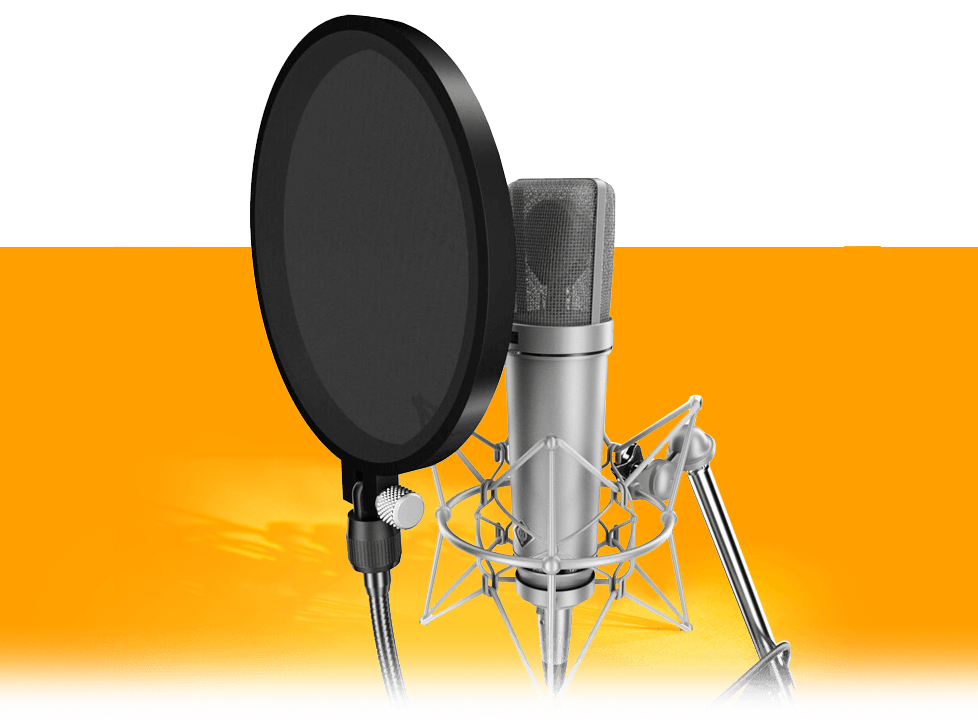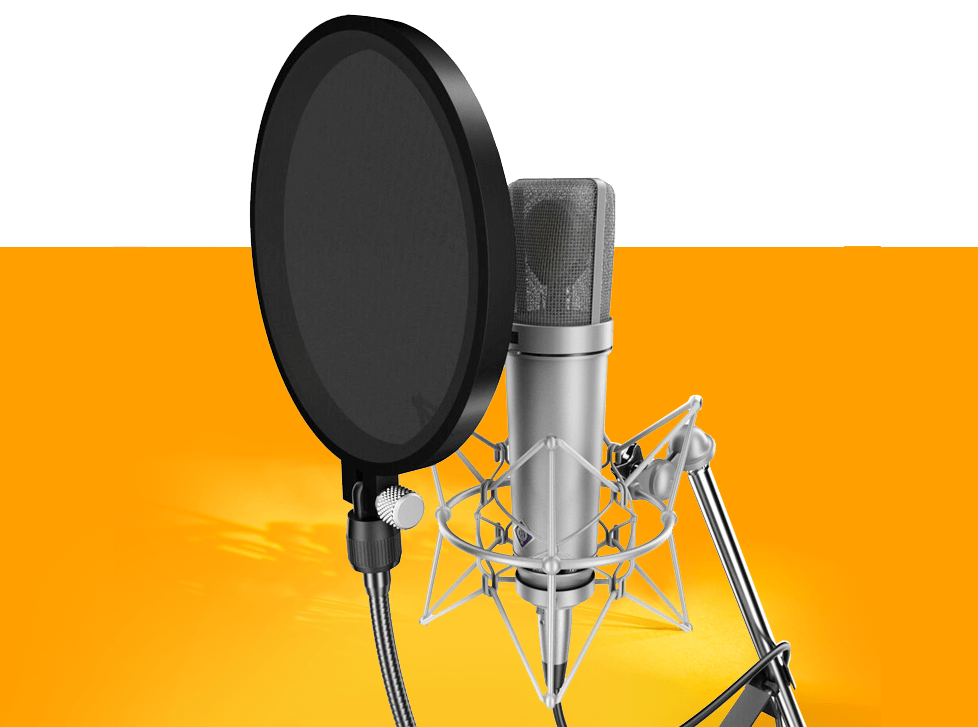Live Sound Schools: Your Path to Audio Success
Jeremy Alves | August 15, 2024

Technology has made creating and mixing music from the comfort of your bedroom easier than ever. This democratization of music is undoubtedly exciting and allows more people to explore audio production.
However, an essential, irreplaceable aspect of live sound production remains that can’t be captured in a bedroom studio.
Live sound is an art form that requires technical mastery, quick thinking, and creative problem-solving — all in real time.
Live sound schools offer the practical and theoretical knowledge needed to leave the DAW at home and step into a live sound environment. These specialized education institutions bridge the gap between what can be learned independently and what is needed to start working in the field.
While producing in your bedroom can be a great stepping stone, let’s break down why it’s crucial to take the next step with audio engineering schools to truly begin your new career.
The Rise of the Bedroom Producer
A bedroom producer is typically a self-taught producer who works out of their home studio. These types of producers can still find success, but since they lack formal training and credentials, they may struggle to compete against other applicants to start a diverse audio career.
This term can sometimes be used simply to call someone an amateur. Still, more accurately, it refers to someone who learned independently and has yet to make audio engineering into a career.
Bedroom producers are made possible by Digital Audio Workstations (DAWs), which sidestep expensive studio equipment by digitizing the production process. As a result, anyone with a decent computer and a DAW can start making high-quality songs or audio projects.
Plenty of working audio engineers and producers started as bedroom producers, but it’s typically a stepping stone that leads them to attending music production and engineering schools and then on to a lasting career.
What Exactly Are Live Sound Schools?
Live sound is a type of audio engineering that goes beyond making everything in a DAW and instead works with capturing live sound. In many cases, “live sound” refers to performances in venues, but it can also refer to capturing audio from vocalists and musicians.
Even if you can afford the gear, learning will be a challenge. While many of the same reasons used to learn the basics of production may be helpful, you’ll likely struggle to go beyond the basics — a necessity for building a lasting career.
That’s where live sound schools come into play. You’ll benefit from hands-on learning from teachers with real-world experience and use the latest gear that you’ll be expected to know in your future career.
Sound engineering programs equip students with skills that prepare them for working in the field, including:
- Gaining a strong understanding of signal flow and audio routing.
- Learn how to design, set up, and manage venue sound systems.
- Mixing live performances for different genres, venues, and types of events.
- Troubleshooting any problems that may emerge during live events — while under pressure.
The right live sound school also fosters the confidence needed to thrive in high-pressure environments, making them invaluable for aspiring sound engineers.
Hands-On Learning: The Key Advantage of Live Sound Schools
Breaking out of the software-only bedroom producer approach is highly challenging for self-learners. You’ll require expensive equipment and hands-on experience to learn how to use it well — and you may find YouTube tutorials insufficient to be prepared to work in the field.
That’s why a core benefit of live sound schools is their emphasis on providing hands-on learning from experienced instructors. Unlike theoretical programs or self-learning, institutions like OIART immerse you in real-world scenarios and recreate the challenges faced during live events.
Students can directly gain hands-on skills that are hard to obtain without access to high-end gear. A few more skills you’ll learn from sound engineering programs that essentially require hands-on learning are:
- Analyzing a live venue’s acoustics to help provide the best possible listening experience.
- Setting up microphones, monitors, and instrument inputs for live performances.
- Configuring digital and analog mixing consoles.
- Managing stage acoustics to ensure clarity and balance.
- Solving any problems that may emerge in the fast-paced world of live sound.
Students can gain familiarity and confidence in working with professional-grade equipment and learning in practical environments that are almost impossible to replicate with online tutorials or at-home experiments.
OIART's Audio Program Includes:
✓ Small Class Sizes
✓ On Site Facilities
✓ Industry Leading Instructors
✓ Post Grad Support & Guidance
✓ Exclusive 11 Month Program
Career Opportunities for Live Sound Engineers
Live sound engineers are in demand across a diverse range of career opportunities across several industries. After you’ve earned credentials for sound engineering in Canada, you’ll be ready to start exploring careers such as:
- Concerts and festivals always need experts in mixing live audio for performances to ensure everyone in attendance has an excellent listening experience.
- Theatre productions need experts in acoustics for musicals and plays so everyone in attendance can clearly hear every word or lyric.
- Corporate events require experts in designing and managing complex setups for conferences, product launches, and presentations.
- Broadcast and streaming events need several aspects to ensure audio is captured and effectively transmitted to provide every viewer with an excellent experience.
At OIART, regardless of which route you decide to take, you’ll work in a fast-paced, dynamic environment where no two days are the same. Anyone interested in audio and creativity looking for an exciting career will likely find what they’re after in live sound engineering.
Practical Experience vs. Theory: Bridging the Gap
Theoretical knowledge is certainly important, but a live sound engineering college is so valuable largely due to practical experience. Knowing how a mixing console works is one thing, but operating it under pressure during a live show is another. Live sound schools often address this gap by combining classroom learning with on-the-job training.
Students might participate in internships, collaborate on school-hosted events, volunteer at local festivals or work with visiting professionals during workshops. These opportunities build technical skills and foster problem-solving abilities, adaptability, and confidence in high-stakes situations.
Compare a live sound program to learning on your own. By sticking with the self-taught, bedroom producer approach, you’ll have to:
- Afford or rent high-end equipment
- Learn how to use this gear without damaging it
- Know how to solve live sound problems on the fly
- Learn how to evaluate and work with a venue’s acoustics
- Gain hands-on experience using specialized gear in a live environment
You can see how nothing on that list is something you learn and perform strictly with a computer in your bedroom. Meanwhile, any live production is quickly becoming more and more elaborate with audio and video fundamentals. Gone are the days when young and under-trained individuals could simply walk on the job and hope to be trained without some previous experience or knowledge. Having even the most basic hands-on training helps give other professionals the confidence you can bring more than a helping hand to the job.
Moving beyond bedroom producing and into live sound isn’t impossible without a course, but you’ll take much longer and probably spend more money when compared to signing up for a sound engineering course.
The Long-Term Value of Formal Education
Enrolling in a live sound school is an investment in your immediate future, but don’t overlook the long-term benefits. Graduates leave with more than just technical skills — they gain industry connections, mentorship, and a comprehensive understanding of professional standards.
Employers in the audio industry often prioritize candidates with formal training over self-taught producers. Live sound schools are the ultimate launching pad for those passionate about sound and ready to move beyond the confines of the bedroom.
A degree or diploma from a reputable institution shows not only competence but also a commitment to the craft of sound production. The reputation of programs like OIART further enhances the employability of their graduates, opening doors to exciting opportunities in live sound both within Canada and abroad.
Once you’ve completed the program, you’ll have credentials that will prepare you to start working in the industry. Getting your foot in the door is often the hardest part of starting a career in music or sound engineering — and specialized certifications make this important step much easier.
Without a formal education, you’ll struggle to get hired in live sound or studio production. And once you are hired, you’ll likely discover some gaps in your self-taught training that will need to be addressed. If there are major deficiencies, getting your foot in the door might be short-lived as you’re sent back to the bedroom.
Take the Step to Live Sound Engineering with OIART
Live sound engineering is an exciting, dynamic profession that is both challenging and rewarding — making it the perfect career choice for the right person. Music production schools in Canada give you a fast track to moving beyond the bedroom and into venues to experience the rush and rewards of working in live sound.
While the rise of the bedroom producer has made music production more accessible, live sound requires skills that can only be honed through formal training and hands-on experience. You can still get started on your own, but you’ll need to take the step to earn credentials and gain more experience to take the next step.
Specialized audio engineering programs offer aspiring professionals the tools, knowledge, and confidence to succeed in this challenging field. Institutions like OIART provide the foundation for a fulfilling career in sound engineering.
Is it time to leave the bedroom behind and step into your new career?
Learn more about OIART’s program and reach out to admissions to learn more.
Ready to Start?
OIART's Audio Program Includes:
✓ Small Class Sizes
✓ On Site Facilities
✓ Industry Leading Instructors
✓ Post Grad Support & Guidance
✓ Exclusive 11 Month Program
Top Reasons Why You Should Choose OIART.
Have Questions?
If you have questions about our audio engineering and music production program or would like to book a tour, we would be pleased to speak with you.
Text Us: 519.200.4151
Share This With a Fellow Music Lover
Apply in 4 Steps!
Step 1: Click apply now.
Step 2: Answer 8 questions about yourself.
Step 3: Upload supporting documents.
Step 4: That's it! You are done.
Share this with fellow music lovers


